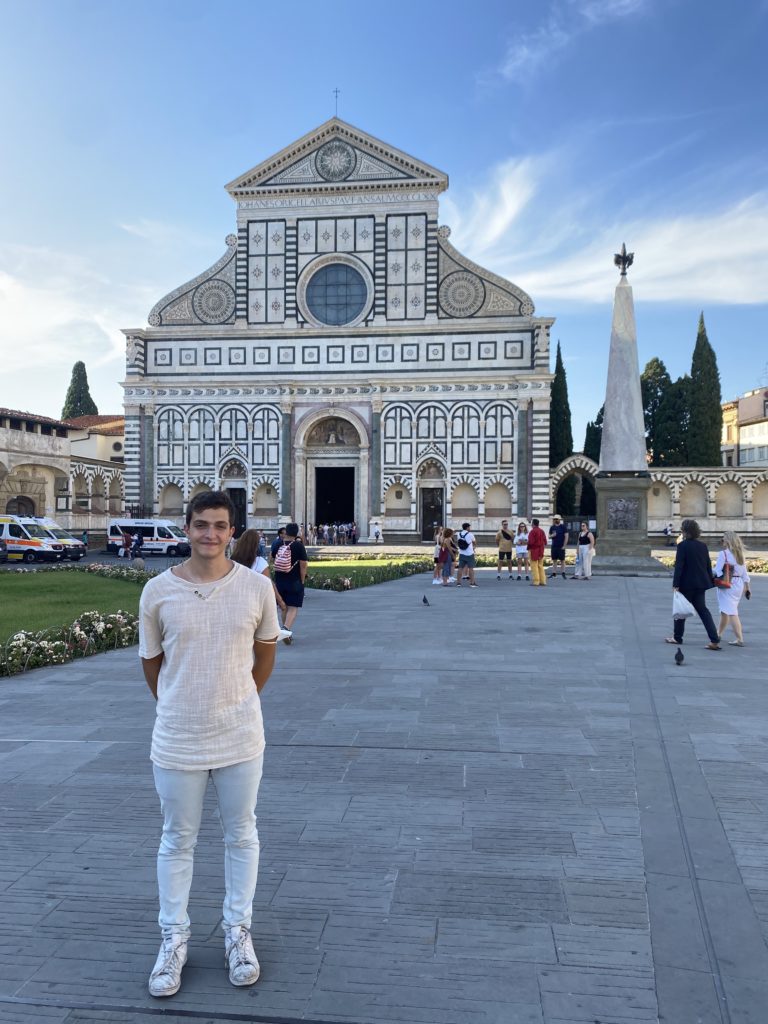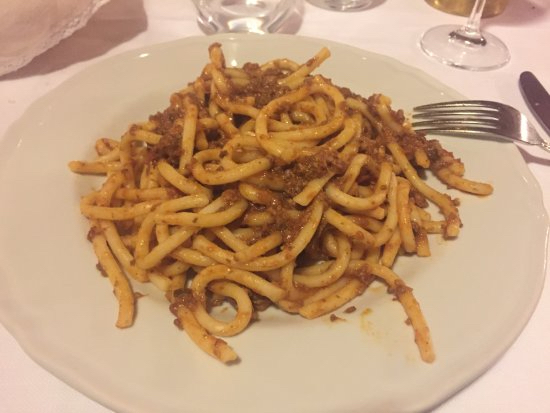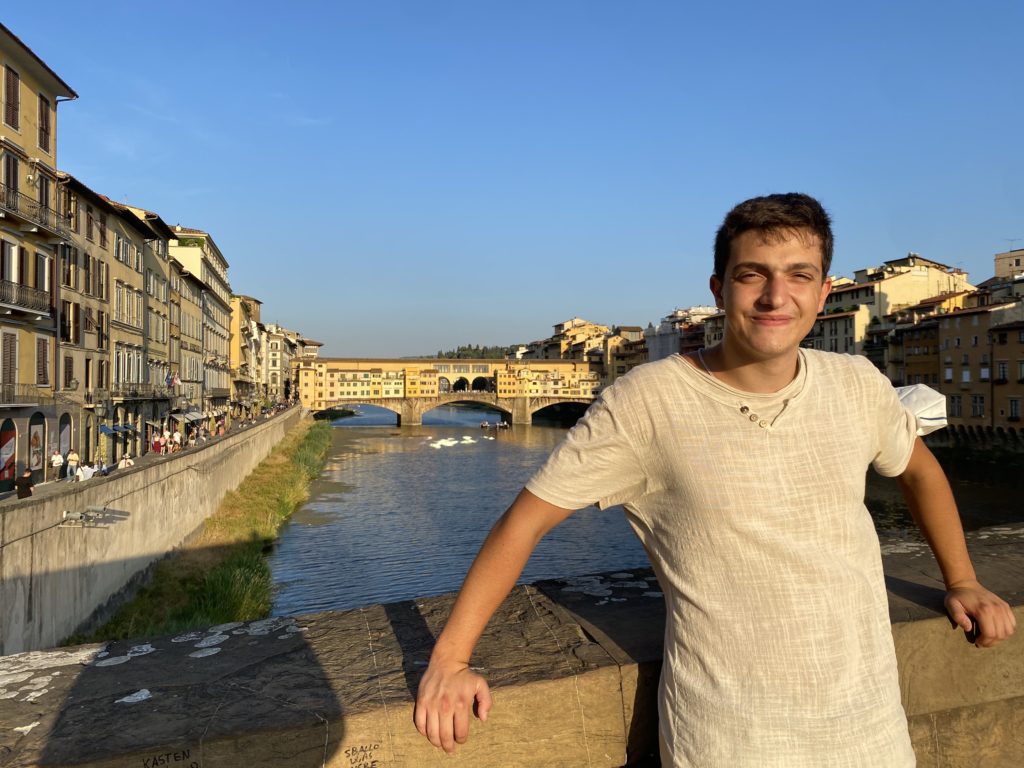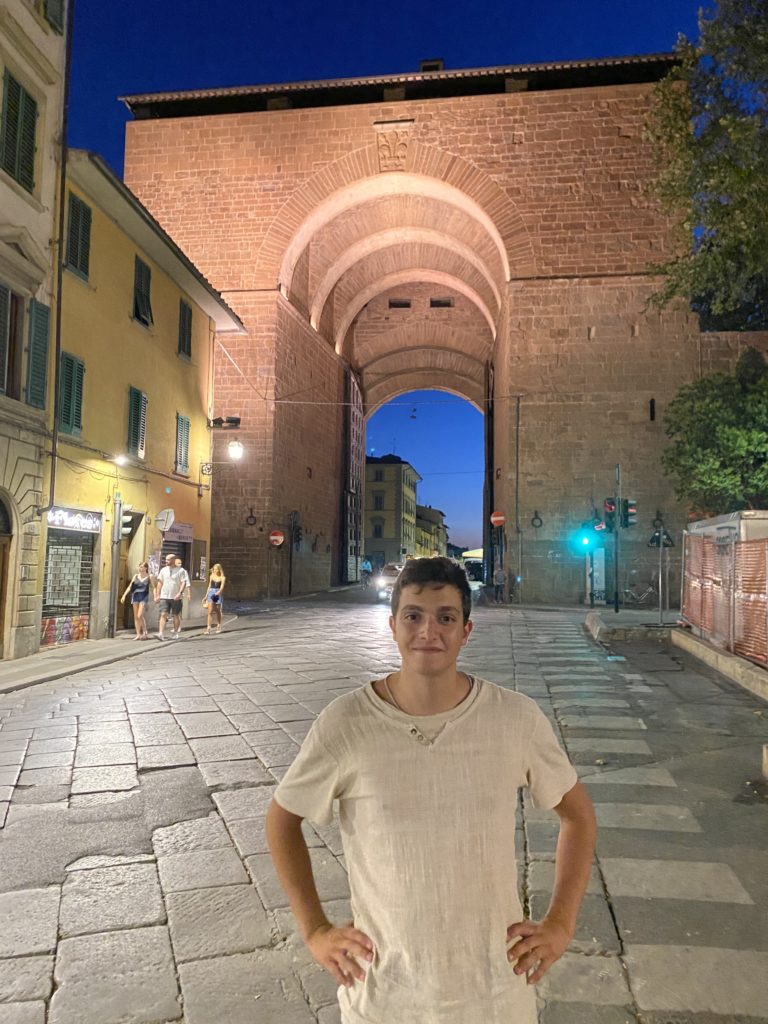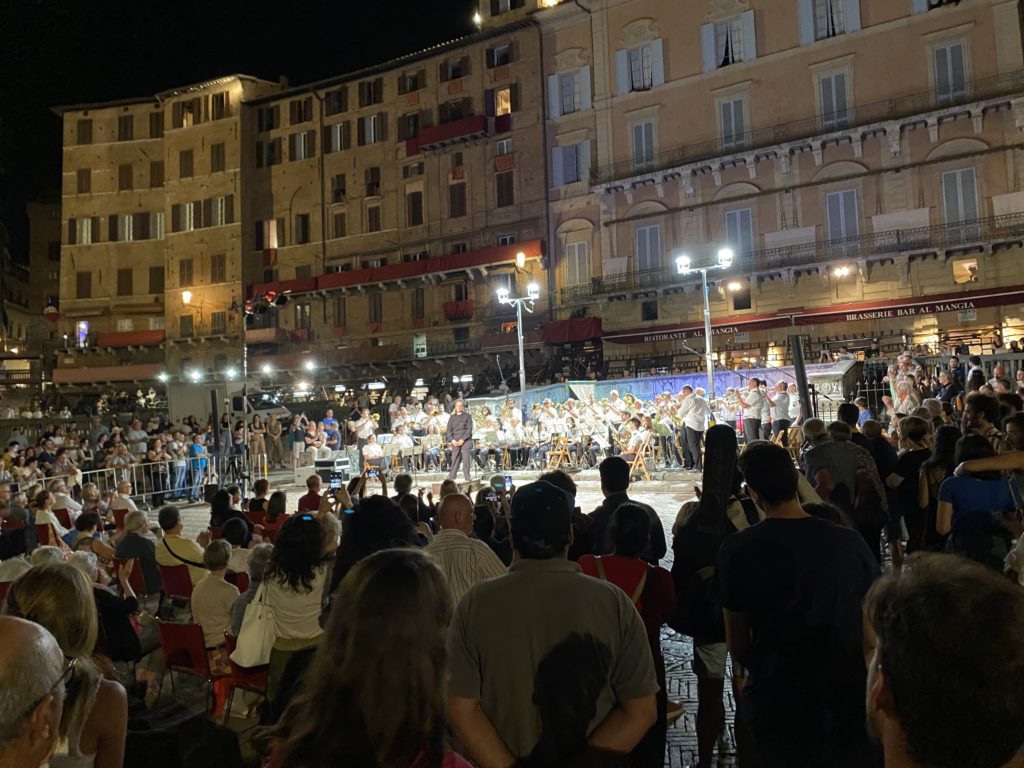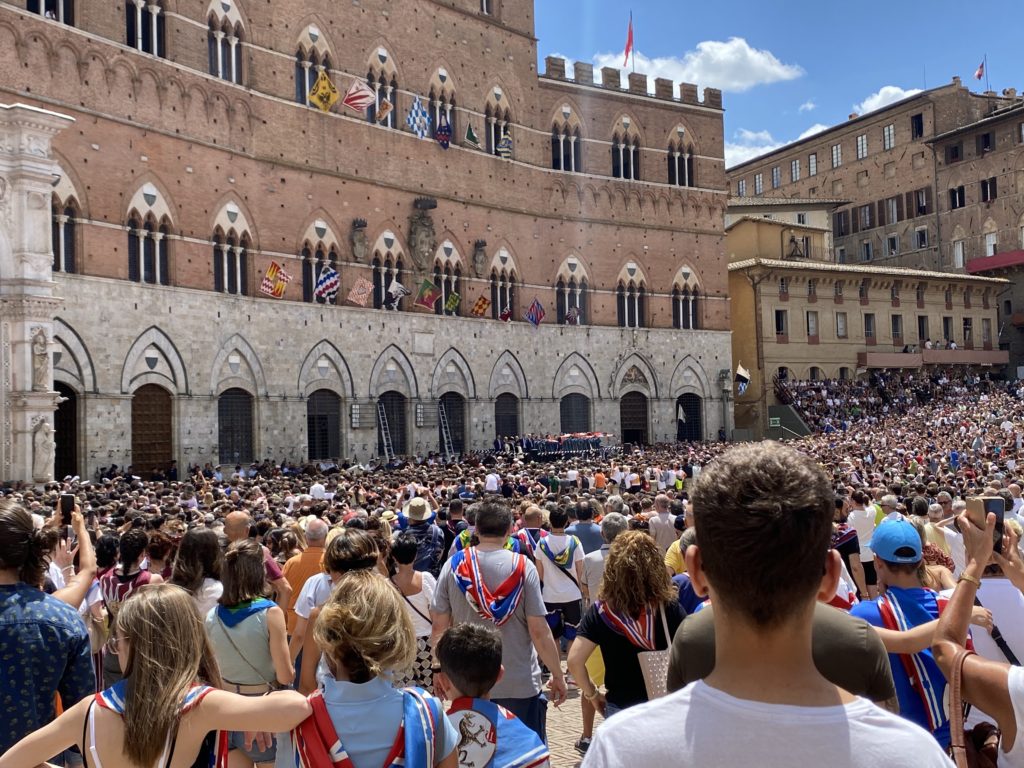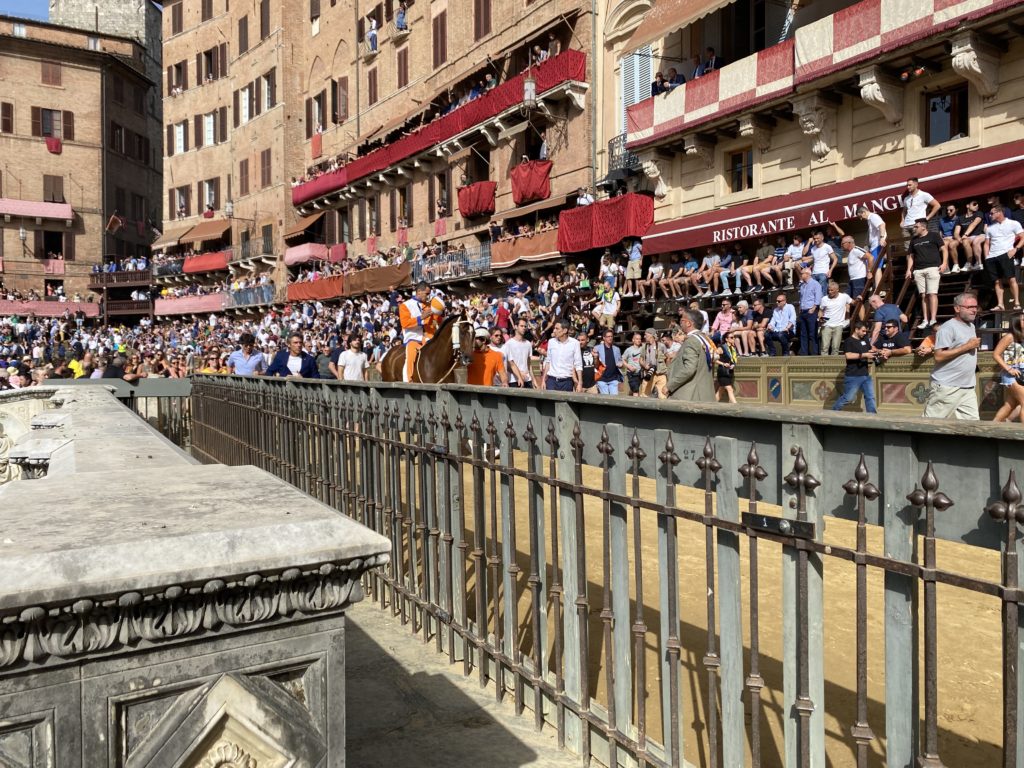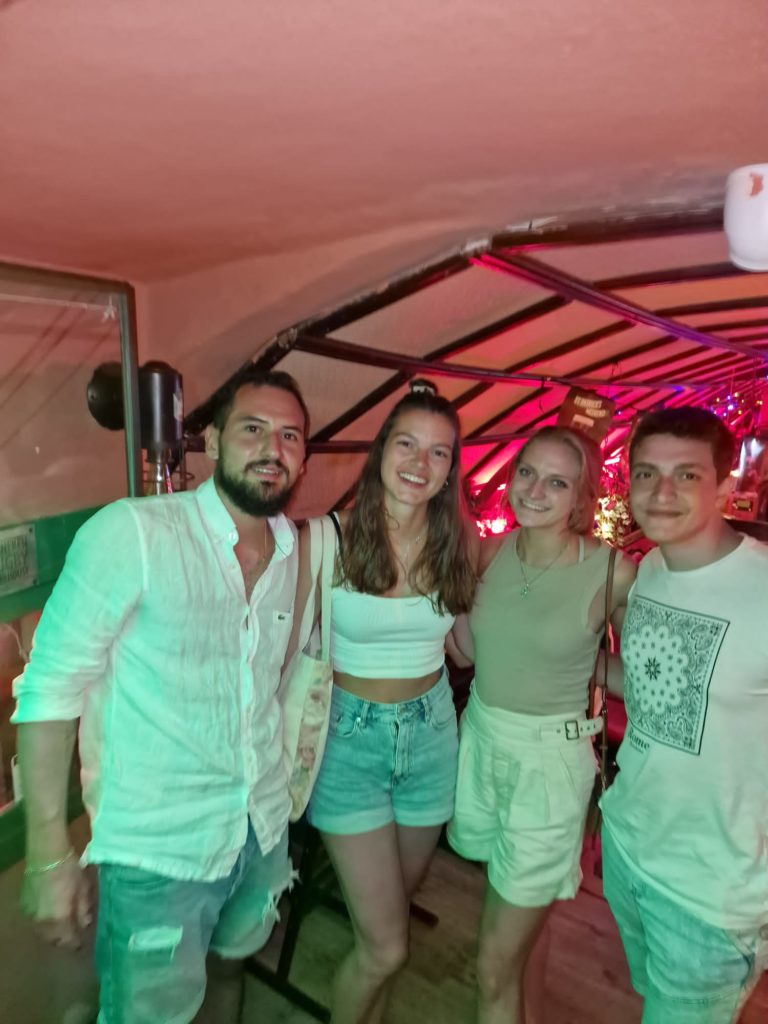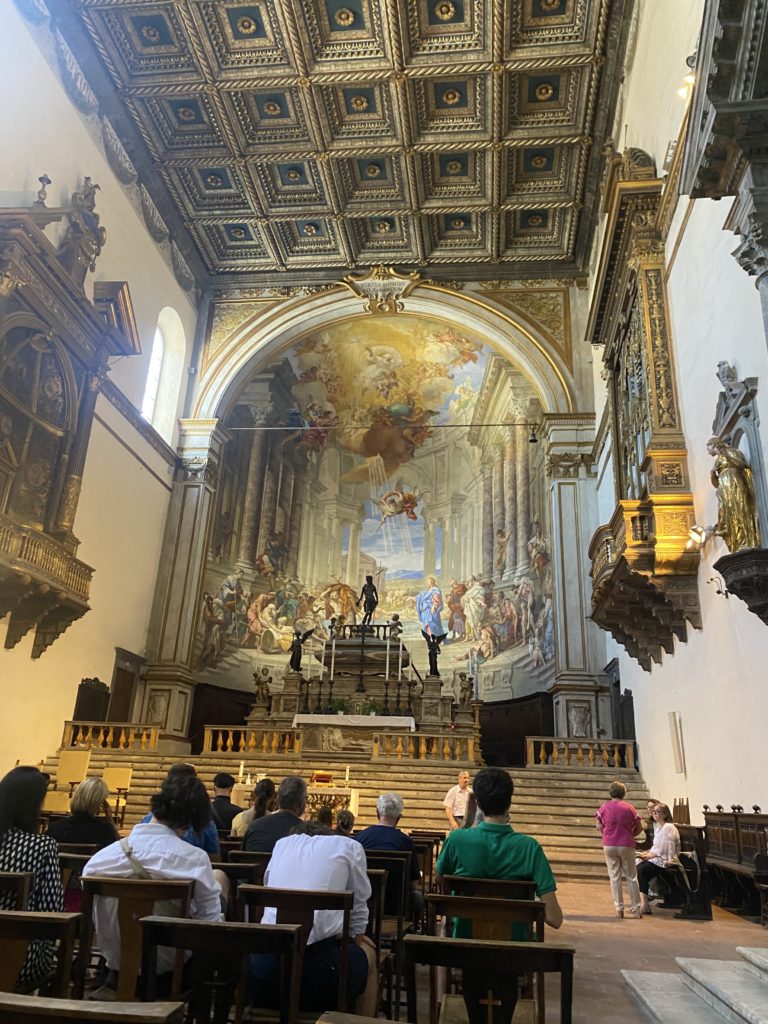While I was excited to come home to see my family, I was incredibly sad to have to say goodbye to all those who I consider now to be my new family from Siena. Siena will forever have a special spot in my heart for the incredible memories that were made there.
I came into this trip expecting to improve my Italian language skills; however, those expectations were significantly surpassed. After only five weeks of spending roughly six hours in the classroom every day and speaking in Italian with locals and foreigners wherever I went, I have drastically improved my language skills. Through this experience I have come to realize that, in order to really learn a language, it is necessary to practice speaking, reading, and listening to the language constantly and to engage with those who use it as their primary language. I believe that I was able to improve my language skills because I was determined to use Italian in all my daily activities. Looking back on how I approached my learning experience I am glad I attempted to simply speak the language without relying on a mental translator. By doing so, I was able to quickly apprehend phrases and words that do not have direct, exact translations.
Having gone to Sicily many times in the past and even living there during the summers, I thought that I had already understood the Italian culture. However, for me, going to Siena was like traveling to a completely different country. The natural geography of the land, the architecture of homes and buildings, the different dialects and accents of the Tuscan region, and the way people dress were completely different from anything I had experienced in Sicily. I already knew my first day in Siena that the
My favorite part of the trip was becoming friends with local university students. Not only was I required to practice speaking Italian, but I also was able to learn the slang, jokes, and manners in informal conversation that I would not have been able to learn in the classroom. Although we have lived completely different lives since we grew up in different cultures and surroundings, I really enjoyed being able to engage with them as if we had grown up together. Their kindness and respect for me, as a foreigner, was something I really appreciated, and we plan on staying in touch though we may not be within the walls of Siena together anymore.
Anyone who is passionate about learning the language and culture of Italy should apply for an SLA. The grant provided me with an opportunity that has and will forever change my life. Although I could speak for days about how amazing my trip was, I believe that no one can really understand unless they experience it firsthand.
Looking forward to my future, I plan to return to Siena every time I am in Italy in the future so that I can reconnect with all those who made my experience incredible. I also have been motivated to spend ample time in my future in Italy as a physician, providing healthcare to those in need, especially refugees. Although I had to leave Siena, I know that this is certainly not a forever goodbye. We may have had to part ways, but we will never forget the experiences we have shared.
See you soon Siena,
Gabriel Biondo
